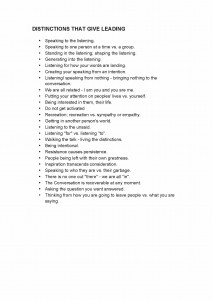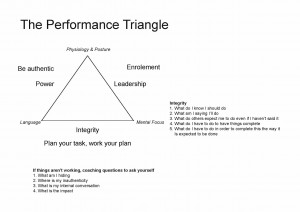If you’re the parent of a teen, you may feel like one day they went to bed and woke up with a totally different personality.
Whereas before they were sweet, helpful and easy-to-handle, now they are suddenly uncommunicative, messy, rebellious and rude.
Don’t panic! While many parents are surprised and often stressed out by the changes that teens go through upon hitting puberty, it’s important to recognise that most of this behaviour is totally normal.
- There’s a whole host of behaviours that your teen may begin to exhibit.
- They may stop listening to you or refuse to comply with simple requests.
- They may take more – or less interest – in their appearance.
- They may become less interested in school and achieving.
- They’re likely to start taking an interest in sex.
- They may even begin to dabble in smoking, drugs or alcohol.
None of this is any reflection on you as parent. Your teen is beginning to express themself as an independent person. They are pushing boundaries and wanting to try out new and different things.
So what can you do?
- Reassure them about what they are going through and acknowledge how difficult this time is for them.
- Negotiate boundaries ‘with’ them, as opposed to ‘telling’ them what to do. Teens tend to be much more responsive to discussions including them, rather than rules that dictate to them.
- Many parents try stopping their teen making valuable mistakes that are healthy to their development. It’s important you don’t constrict their freedom so much that they can’t learn lessons for themselves.
- Try to talk to your teen about sex. You may both find this awkward, but it’s crucial they know how to avoid making silly mistakes.
- Check they aren’t being bullied, and keep communication open with them.
- Try to understand what they might be going through… and try to remember what it was like for you at this age.
When should you start to worry?
Of course, it’s also important to be able to notice the real signs of trouble. Some behaviour is unacceptable – even if your teen is going through a period of change. If they are acting in the following ways, it may be time to intervene.
- If your teen becomes violent towards you, or other family members, this is not OK.
- If your teen is getting into trouble and committing illegal offences talk to them about the consequences of their actions.
- Regular truancy from school can mean your teen is experiencing problems.
What can you do if you think your teenager might be going down a bad path?
Talk to your teen about risks and consequences. Make sure they understand that what they’re doing isn’t acceptable, and that now they’re growing up, they need to start taking responsibility for their actions.
- Offer your support. Find out if something is troubling them. Bad behaviour is often the symptom of a problem they’re struggling to deal with.
- Be a good role model. After all, one of the biggest influences on your teen’s development is you.
- Discuss boundaries and rules. If they feel they’re unfair, ask what they feel is reasonable and fair, and try negotiating these with them.
- Get support for yourself. It’s important that you make sure that you have all the help you need too. Ask family and friends for help if you’re struggling to cope – or talk to a life coach.
How long will this go on for?
Because the rate of growth in teens is so variable, it’s impossible to know how long this period will last. It could be months, or it could be years.
And while that may be frustrating, remember they will come out of the other side – and that’s when you’ll see the benefits of the support, reassurance and boundaries that you provided.
How can I help?
If you need more information or advice on dealing with changes in your teen visit my website or email me on info@certuscoaching.co.uk.





